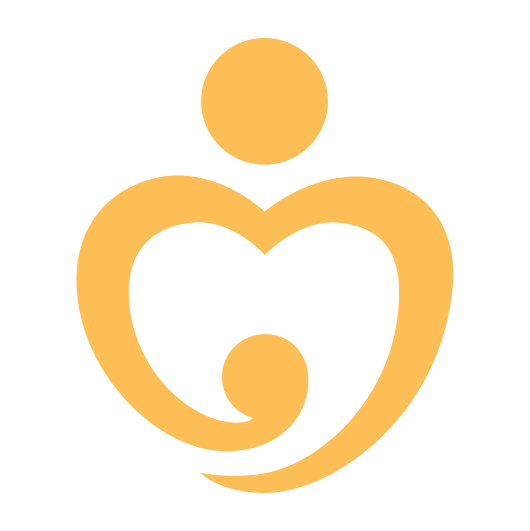Going a step further: How OHW Supports rural communities
By Rabin Joshi & Naresh Newar
OHW’s support to local rural governments in the most inaccessible villages
OHW usually works in rural municipality wards like Sipali Chilaune. In rural areas of Nepal, local communities face many challenges to get access to quality maternity services. These are also the areas where local government health offices are faced with limited financial resources to develop local health capacity, buy equipment, renovate and build birthing centers. This is where OHW’s partnership model has helped to build local capacity - through cost-sharing, knowledge-building, management, and entrepreneurial skill development.
“This was our first project with a development partner on a cost-sharing basis. I was curious whether it was worth our investment. Now, I can see the impact and we want to thank OHW from the core of our heart for provide support to build the birthing center,” says government official, Parasuram Thapa, Chief of Roshi Rural Municipality. He explained how the local government had never tried such a joint investment approach for a community-based initiative.
It was also a very challenging time when OHW had approached the local government to collaborate on improving maternity care services. As the work started, the global pandemic had finally hit Nepal and several officials from the health post management committee were infected with COVID-19. The monsoon rain also added to their challenges and caused the river to flood, creating problems with roads and transportation. All of this made the supply and delivery of construction materials very difficult, causing them to halt construction for over five months. Despite these challenges, the work resumed and construction completed within 14 months.
Birthing Center Before OHW Upgrades
Birthing Center After OHW Upgrades
“I feel we have made a lot of difference to improve maternity care services and one of our great successes has been to promote a feeling of ownership among local stakeholders. These stakeholders will help in the sustainability of maintaining a quality birthing facility in years to come,” explains OHW’s Rabin.
Such a feeling is echoed by local government officials who have been trying for years to provide quality maternity healthcare in the municipality. They shared how the impact has been mostly in an increase in institutional birthing that will eventually reduce the number of home birth deliveries. The partnership with OHW has also helped give them more ideas on how to design, build and financially plan for an affordable, quality birthing center.
“When I started working as Health Coordinator at Roshi Rural Municipality, I was very upset seeing the conditions of the birthing centers,” recalls Gangalal Shrestha, Chief of Health Section of Roshi Rural Municipality. He added how he tried his best but every effort his team made was ineffective as they lacked expert knowledge on creating an equitable healthcare system. Now with OHW’s help, he has seen a lot of change.
“After OHW stepped into our municipality, we gradually learned and collaborated with One Heart to strengthen our birthing center. After observing the transformation at Sipali Chilaune birthing center, we are all so proud to have a birthing center like this, which is better than any other facility in the whole district,” said official Gangalal.
Community education: A step further in OHW support
One of the biggest challenges is also lack of education and awareness around safe motherhood practices within the local community. This is where the OHW team has been able to promote community education about safe pregnancy and maternity care.
“We have already started preparedness packages to educate about pregnancy complications and promoting misoprostol, and family involvement in the care of pregnant women in their households,” said Rabin. Rabin is OHW’s longest serving District Coordinator and has many years of experience in working with rural communities.
He shared how OHW’s clinical team has been working side by side with local health post nurses to educate families about the benefits of regular pregnancy checks, how to deal with complications, where to get help and who to contact for counseling and medical aid. OHW has also helped to provide awareness through interactions with household members and their roles in promoting the safety of pregnant women and mothers.
In addition to in-person advocacy, OHW has also been working in partnership with a local radio station, Radio ABC, to disseminate information to local families by airing radio jingles about safe pregnancy. To reach younger generations, the One Heart team has also started a student awareness program to help disseminate information about safe pregnancies and birthing.
“This is the first time I have closely observed OHW’s work and I have seen how their impact has been so incredible. The most important part is that OHW is working in rural municipalities where most organizations have failed to work or invest,” said Dr. Purusotam Raj Sedai, Senior Health Administrator of Health Office in Kavrepalanchok.





